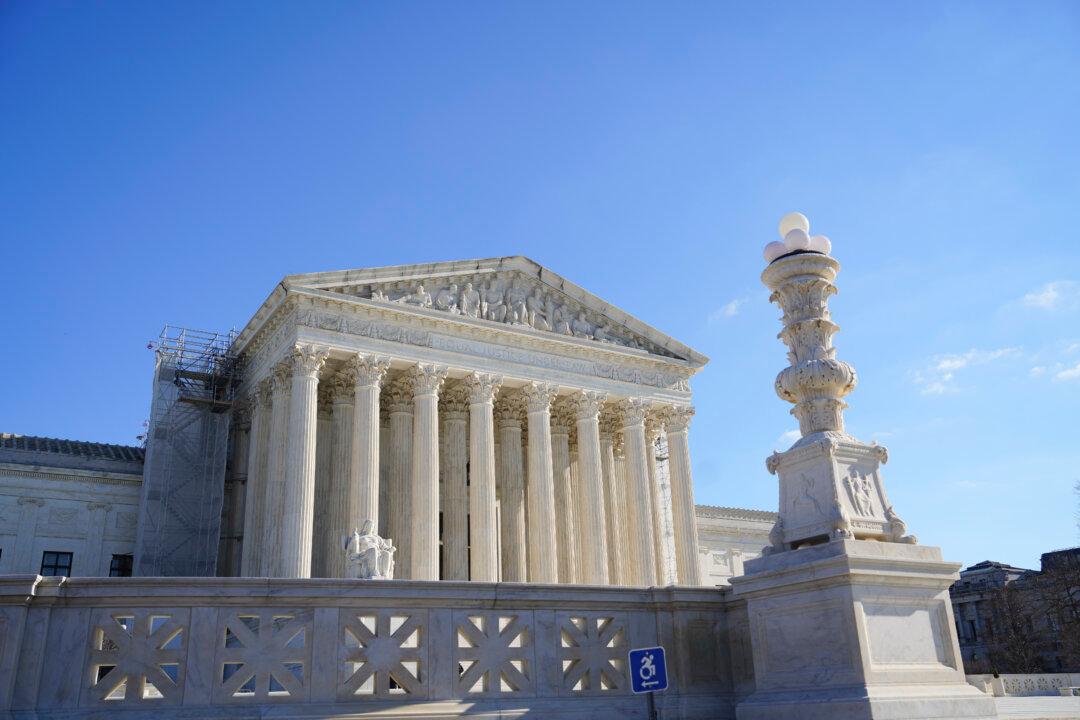The U.S. Supreme Court rebuffed an appeal by Alaska aimed at reinstating its government union dues deduction system that the state argued was designed to safeguard state employees’ constitutionally protected free speech rights.
The system required that unionized employees register with their union each year to give consent for the deduction of union dues and fees.





